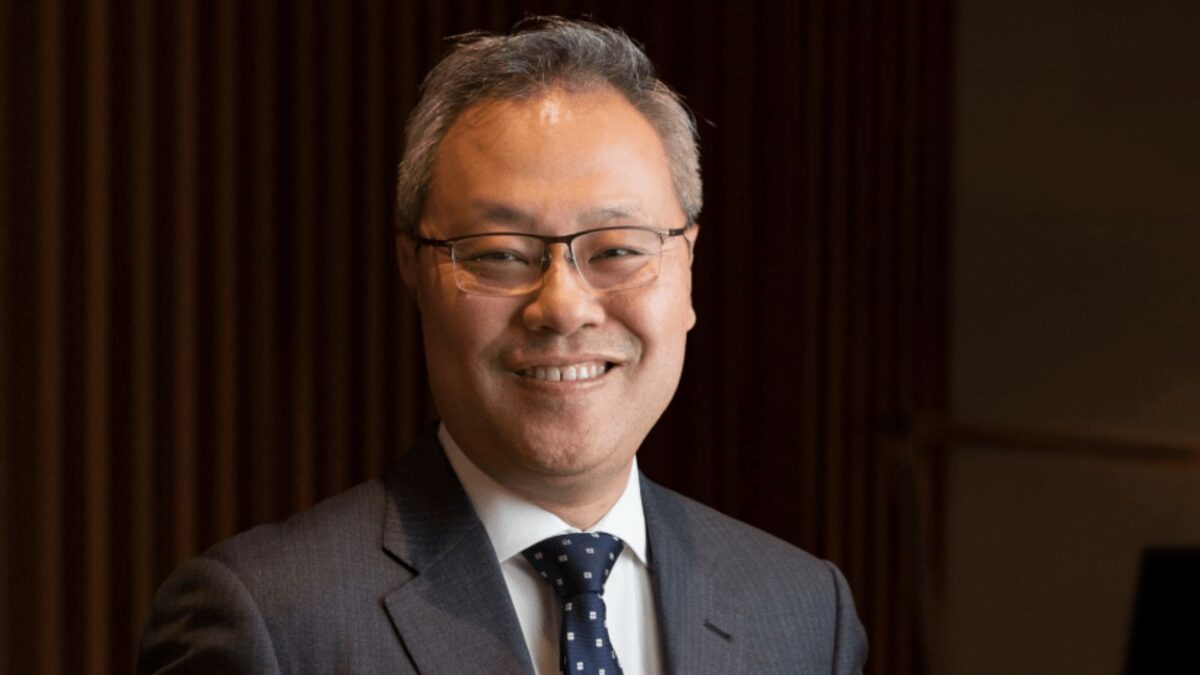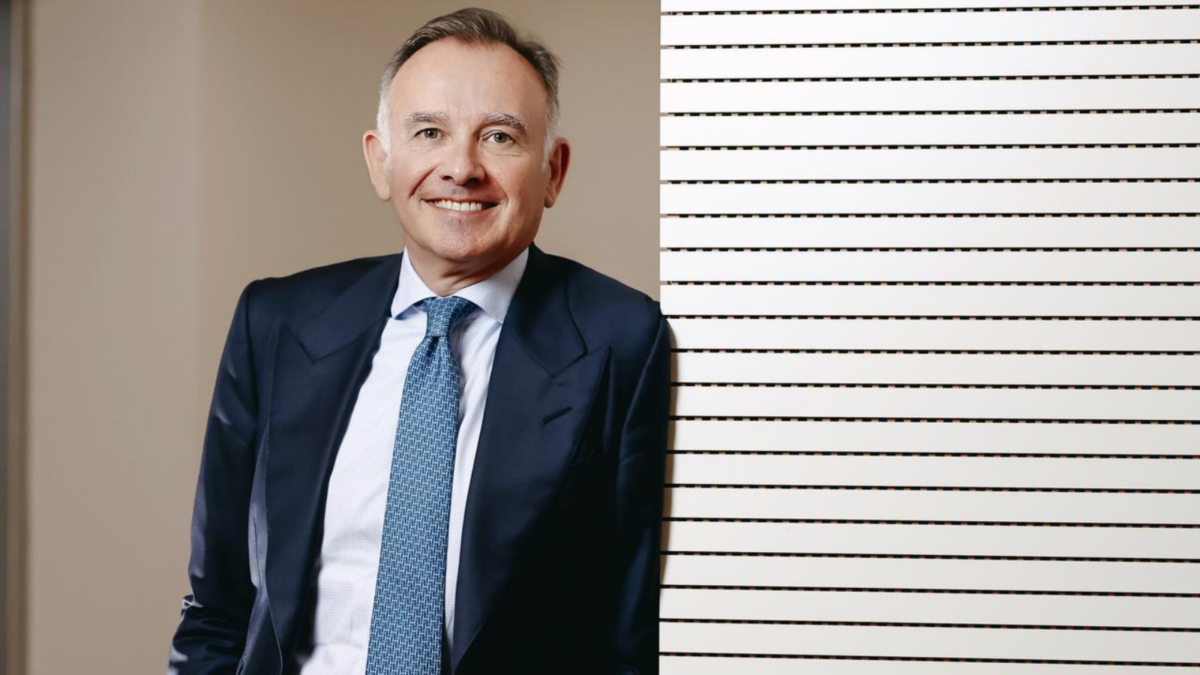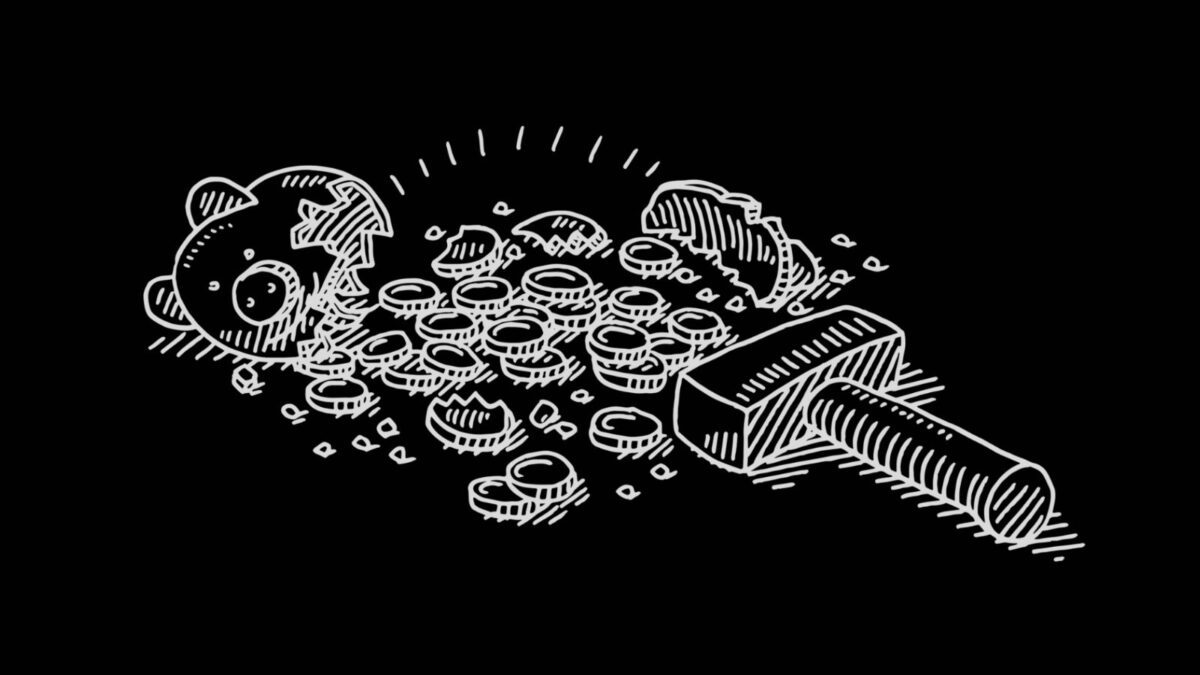Reilly on getting mergers right – and why big funds will keep duking it out for members
With the first stage of the Sunsuper/QSuper integration now complete, Australian Retirement Trust (ART) chief Bernard Reilly is hitting the wide open road, saying that it’s the “right time for the organisation” and that leaders need to be careful not to stick around too long.
“We’ve done the merger, we’ve done the first part of the integration, and we’ve laid the groundwork for the future growth of ART,” Reilly tells ISN. “I’ve done what I wanted to do – the largest merger in the industry to date, and it’s time to move on and do something else.”
ART is now poised to execute on plans to build out its tech stack – the customer service and registry platforms – to create what it hopes will be a world-class member experience.
“There’s an element of integration and also transformation,” Reilly says. “How are the different components that we have set up for a 2.4 million member, $260 billion organisation? We also have to take a view around where technology is going so that we can make sure that we have the best platform for our members going forward.”
The fact that a Sunsuper/QSuper merger hadn’t happened before speaks to the difficulty of any fund merger, Reilly says, and it had previously been discussed “way, way before (his) time”. But its investment performance and the apparent satisfaction of its members shows that it’s been a success. In a merger, the amount of work that needs to be done combining the funds means “you can be too internally focussed”.
“When you look at the first two years of ART, we haven’t missed a beat,” Reilly says. “One of the things I said to the team in the lead-up to the merger was that our member services capability needed to be exceptional on day one. For a member who contacts us on day one of ART, their view of the success or failure of this merger will be on we’ve interacted with them and the service we provided them.
“Day one for them might not have been the first of March last year. It might have been yesterday. The level of service we provide to them needs to continue to be exceptional for that reason, and I think we delivered on that… Often with a merger, an organisation can go backwards before it goes forwards. We managed to go forwards from the day of the merger, and I’m really proud of that.”
The merger announcement was met with surprise from some quarters of the industry, who questioned why two strong funds were merging when there was no obvious pressure for them to join forces. But that merger of equals has “changed the game” for the way people think about fund consolidation.
“Bringing those two funds together created a massive diversification of risk across the member base,” Reilly says. “It’s not perfect, but it’s almost a Bell distribution of members; it’s around 50/50 male/female. From the QSuper perspective, the average age of the member declined. From the Sunsuper perspective, the average balance increased.”
“The opportunity that we have to invest in assets at a $260 billion organisation is far greater than a $100 billion organisation, and the deal opportunities are greater. And because we use external managers, we can drive the fees down in a far more significant way than at $100 billion.”
It’s also consolidated its custodial relations, with State Street expected to take over as sole custodian next month.
“You have to get the plumbing right – that’s an important part of doing a whole lot of other steps in the integration,” Reilly says. “In October we’re going live with one custodian, and that’s going to create massive fee savings for our members.”
Reilly disagrees with the narrative that guaranteed inflows and unengaged members make superannuation an uncompetitive industry – a dynamic that some claim has been heightened by the creation of megafunds – saying that big funds now engage in “co-opetition” by combining their voices on industry issues while still duking it out for new members.
“I have a lot of respect for Paul (Schroder) and the AustralianSuper team,” Reilly says. “You’ll have seen with the Quality of Advice Review we came out on that together because it’s in the industry’s best interests and the best interests of our funds to be out there talking about it.
“But we compete with Aussie every day for members, and we compete against Aussie – and at times co-invest with Aussie – on different assets… Our investment performance competes pound for pound with AustralianSuper, and when I think about what we deliver from the member service perspective that competes with the Aussie proposition. And our aim here is to be the best fund, not necessarily the largest fund.”
To Reilly’s mind, the biggest challenge in front of the superannuation industry is helping members transition into retirement. ART has recently appointed Kathy Vincent as chief of retirement and has created a new division to deal with the drawdown phase.
“We’ve done a great job in the accumulation stage… But that next phase is really important and we need to be there for them,” Reilly says. “I think the industry has a whole lot of building blocks – whether that be the products, the advice, the technical advice. It’s about how you bring all that together and that focus from the industry is going to be really important.”











